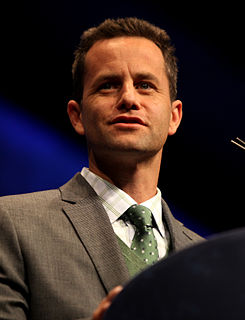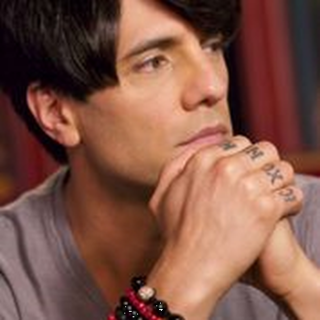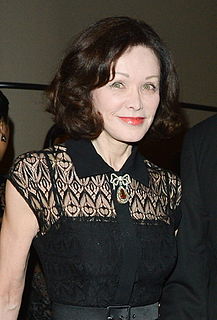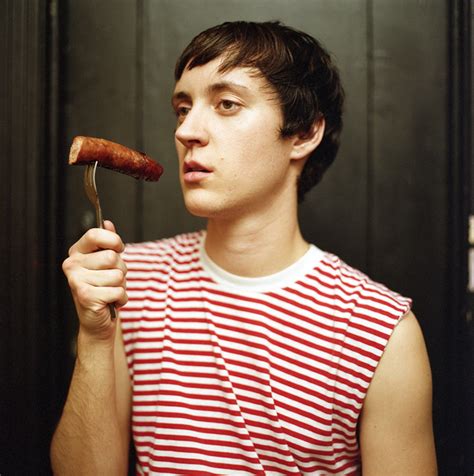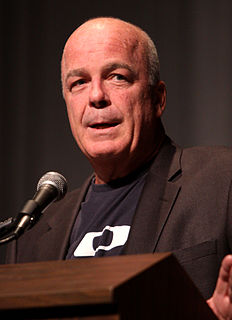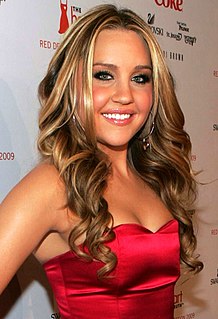A Quote by Kevin Spacey
Kids aren't growing up with a sense of television as the aspirational place for their ideas.
Quote Topics
Related Quotes
When I got into film school, it really formed a sense of who I am and my sense of feeling like an outsider. If there was some greater purpose to do this, it would be so that future generations - my kids or my sister's kids - would grow up seeing themselves in their media culture in a way that I didn't. If The Mindy Project or Master of None were on when I was growing up, I wonder if I would be interested in doing this at all
I've really dreamed of doing television. All of us do television, coming up. But when I was coming up, television was a black hole for actors. Now, television has a certain cache. Now everybody wants to be on TV because they're doing adult dramas. If you're an actor, it's like, "Well, get me on television," because it's the only place you can do it and also make a living at it. If my kids need shoes, I better do a TV show because I damn sure don't make any money with independent films.
The days of television as we knew it growing up are over. You have a bigger, wider world audience on the Internet, larger than any American television series. People don't watch television in the same context as before. Nowadays they watch their television on the Internet at their convenience. That's the whole wave, and it's now - not the future.
Prosperity knits a man to the world. He feels that he is finding his place in it while really it is finding its place in him. His increasing reputation, his widening circle of acquaintances, his sense of importance, the growing pressure of absorbing and agreeable work build up in him a sense of being really at home on earth which is just what we want.
Trans kids are living in the future in a way. When I was growing up, "transgender" wasn't even a word. It wasn't used. Just the naming of something that's invisible, or was thought of as shameful or different - giving it a name that's not a slur is powerful. It's still a little hard to imagine what it might look like growing older as a trans man, but I think that's going to change for the next generation. For trans kids growing up, that visual bridge towards their future selves is starting to develop in conjunction with this trans media wave we're in.
The first idea of Captain Fantastic was a pretty radically different one. The genesis had to do with parenting and questions about parenthood and fatherhood specifically. I have two kids and I was grappling with what my values were and what I wanted to pass to my children. So I was positing different kinds of parents and different ways of parenting. I played with various ideas - very permissive parenting, very restrictive parenting and then I came up with the character of Viggo Mortensen, and much of it was aspirational, some of it was autobiographical.
The solution for rising up kids in the income distributionlies is in creating better childhood environments for kids growing up, especially in low income families. And so what means such things like schools, the quality of neighborhoods. If you think about what's gone on in Baltimore, it's a place of tremendous concentrated poverty. People aren't really seeing a path forward and I think revitalizing places like that can have a huge impact, even in the face of globalization and changes in technology.






